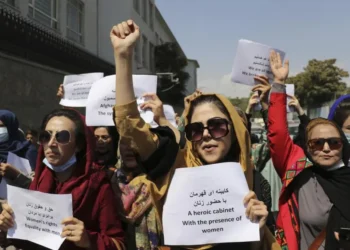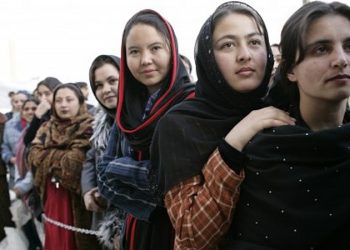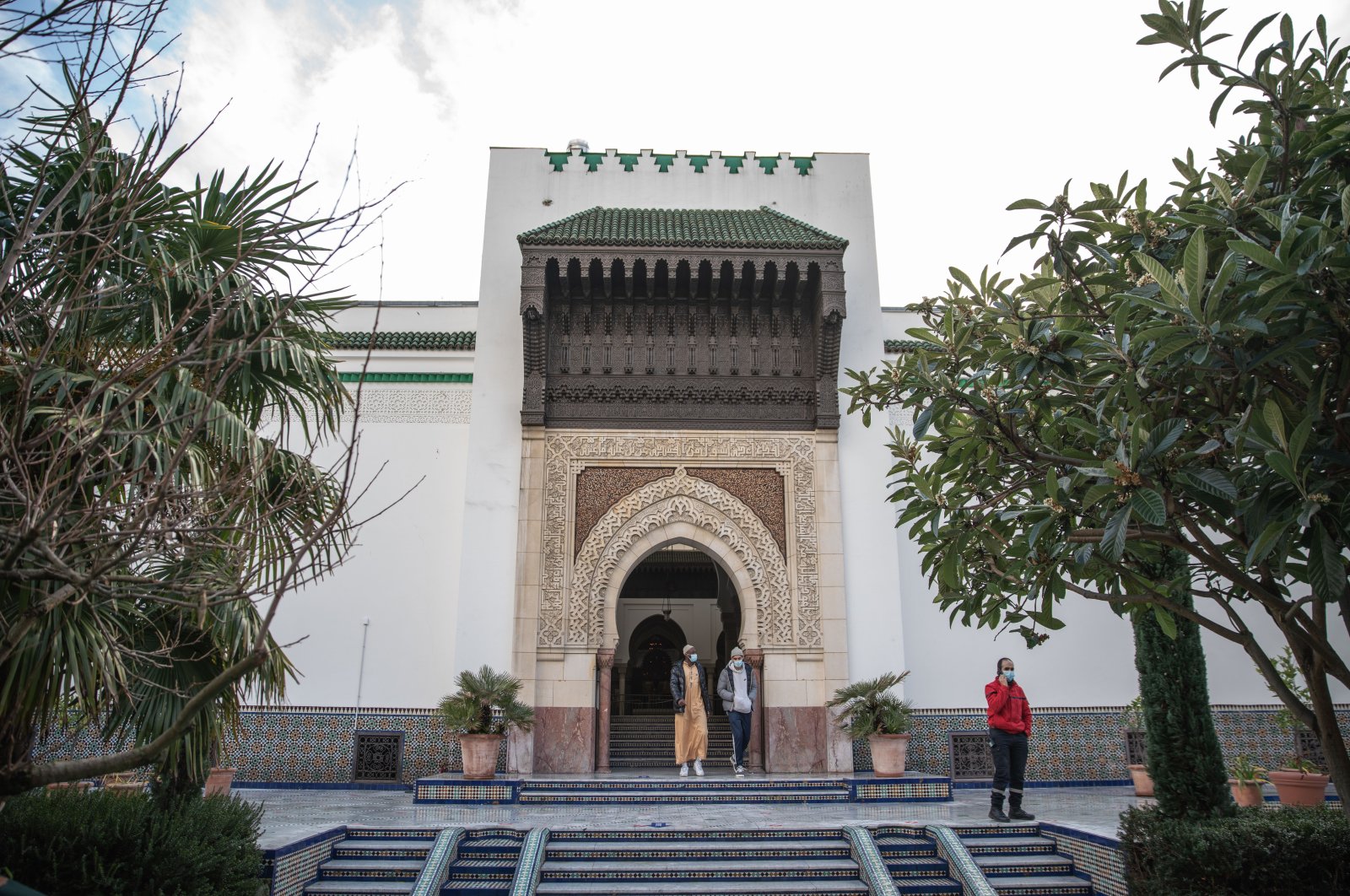Human Lives Human Rights: In 1990’s when the Taliban ruled Afghanistan, it was known for having some of the world’s harshest restrictions on women. The group still adheres to same policy of suppressing women.
Although some Taliban officials continue to say that conditions will improve, women are still being kept from workplaces and schools. Each week seems to bring a new report of restrictions.
In that light, the Taliban’s decision to restrict women’s freedom begins to look like a political choice as much as it is a matter of ideology.
Muqaddesa Yourish, a former deputy minister of commerce who fled to the United States with her family when the Taliban took power said: “I did not for a minute believe that the Taliban had changed. If anything has changed about them, it is that they know how to deal with the West.”
Since Taliban seized control of Afghanistan, their promised allowances for women in the workplace and schools have yet to appear. Most women are still banned from going to work.
Dipali Mukhopadhyay, a researcher at the University of Minnesota who studies rebel governance in Afghanistan, Syria and elsewhere said: “Groups like the Taliban often struggle to make the transition from violent insurgency to actual governance.”
They do not have the experience, funding or personnel to deliver sophisticated government services. Instead, their main strength is controlling security — using their status as the country’s most powerful violent group to operate a kind of country-level protection racket, exchanging public safety for obedience.
The spokesman, Zabihullah Mujahid, called it a “temporary” policy intended to protect women until the Taliban could ensure their safety.
However, the claim that restrictions on women’s lives are a temporary necessity is not new to Afghan women. The Taliban made similar claims the last time they controlled Afghanistan.
Women from diverse public spheres including law, politics, academia, and the media urge the international community to continue supporting women’s rights.
It’s astonishing that, at a time the country is facing an economic and humanitarian crisis, these women and thousands more like them are being barred from public life.
We urge the Taliban to respect, protect and fulfil the rights of women and girls. We call on the international community to engage directly with Afghan women to understand their reality, listen to their pragmatic recommendations, and work with them to support women’s rights.


















